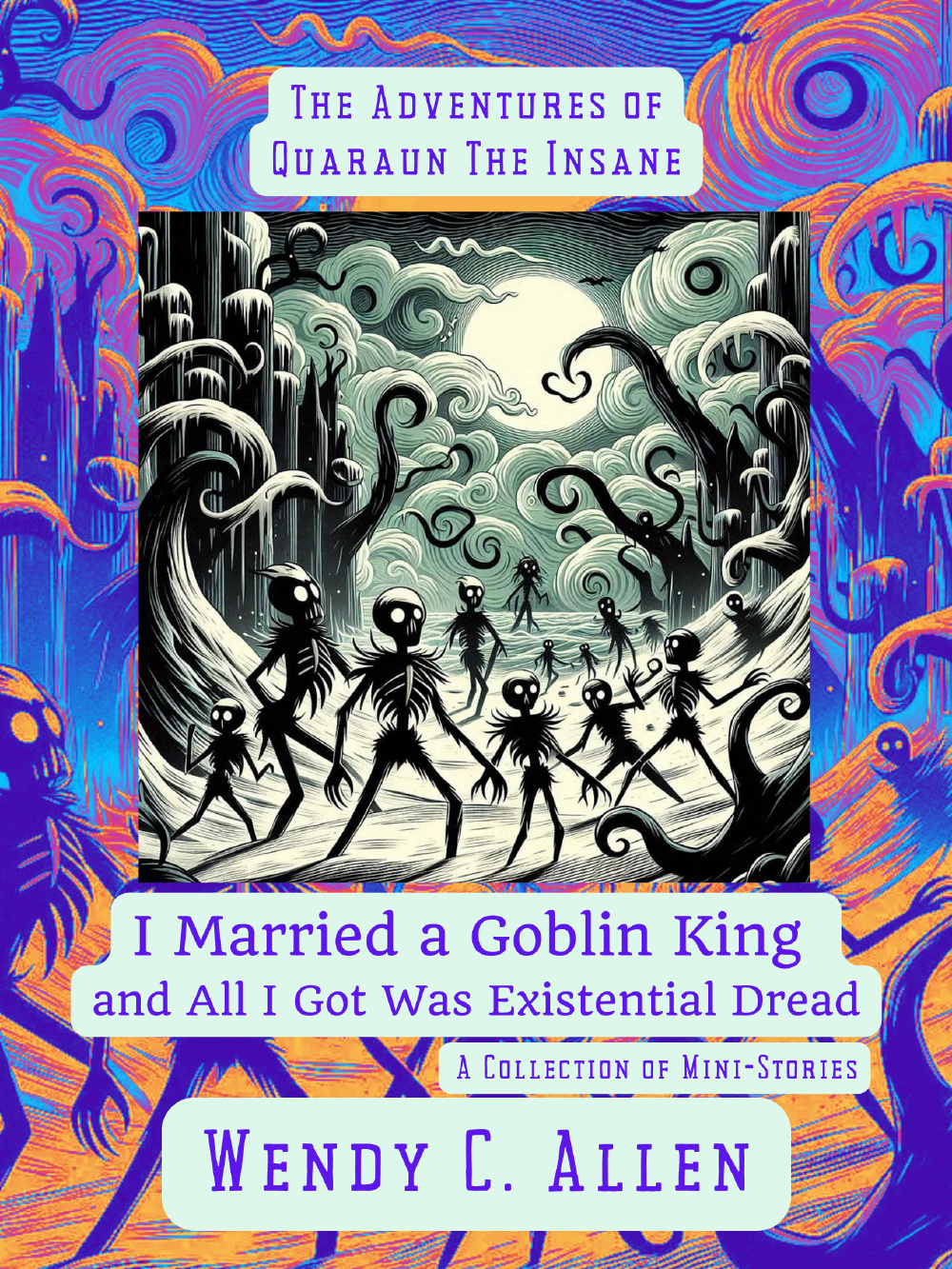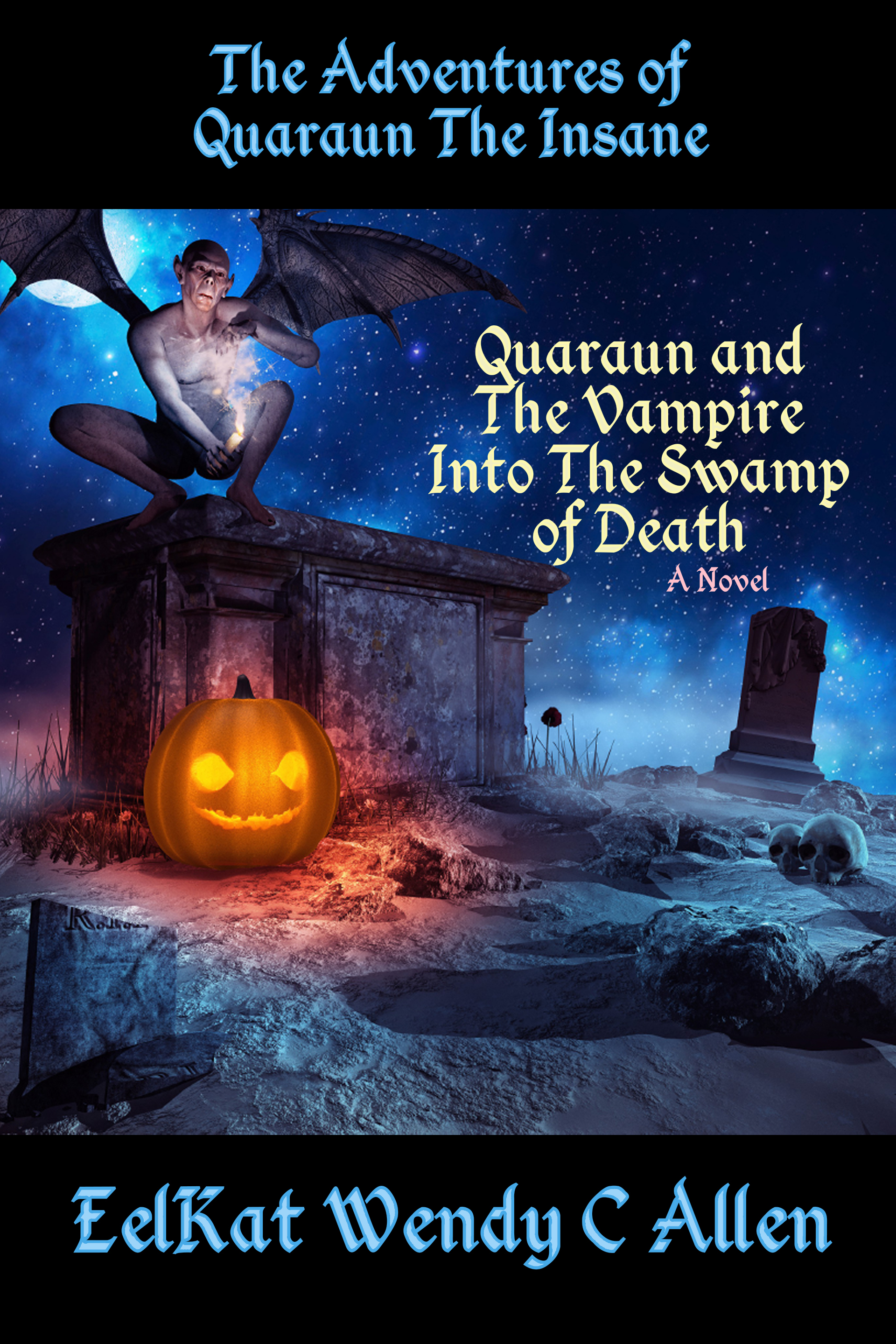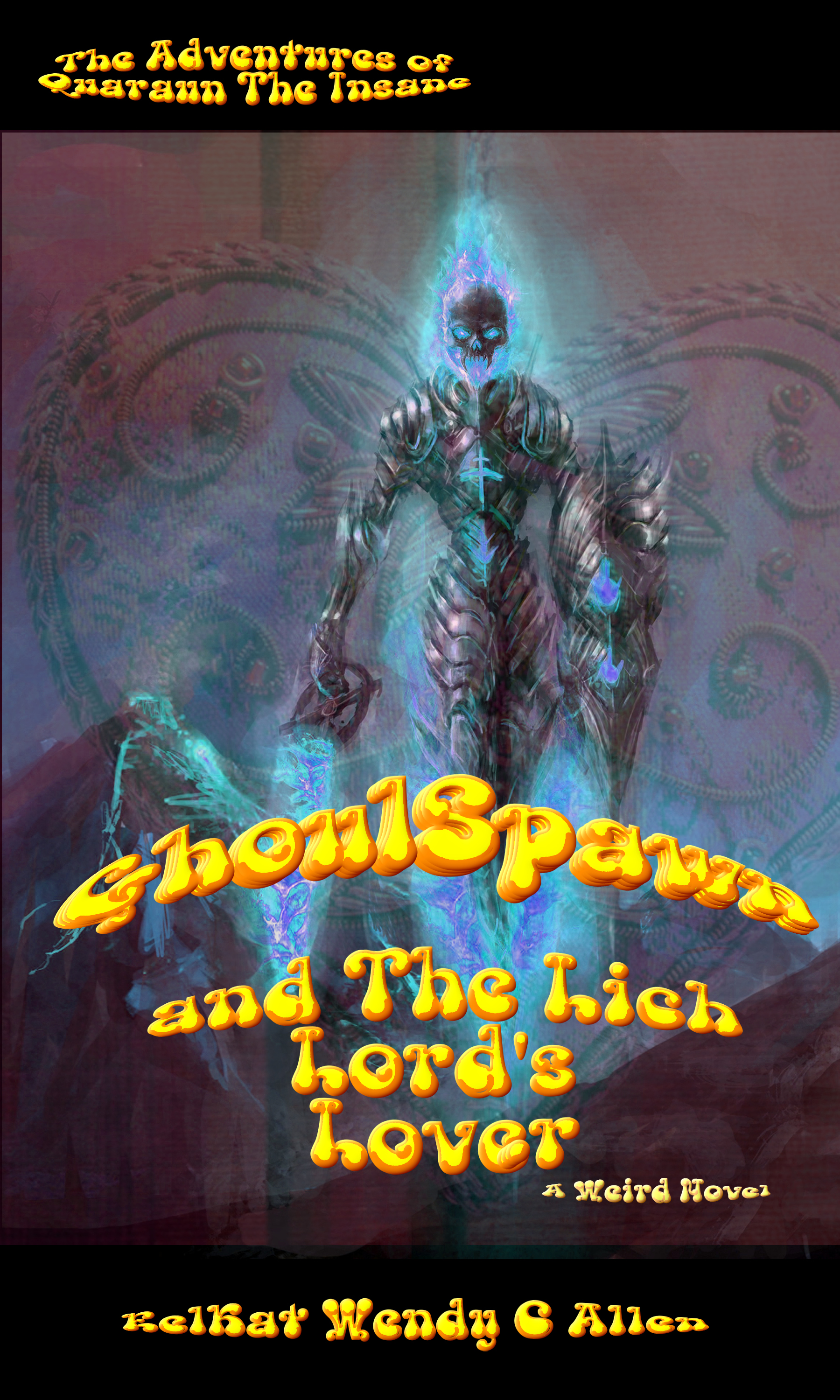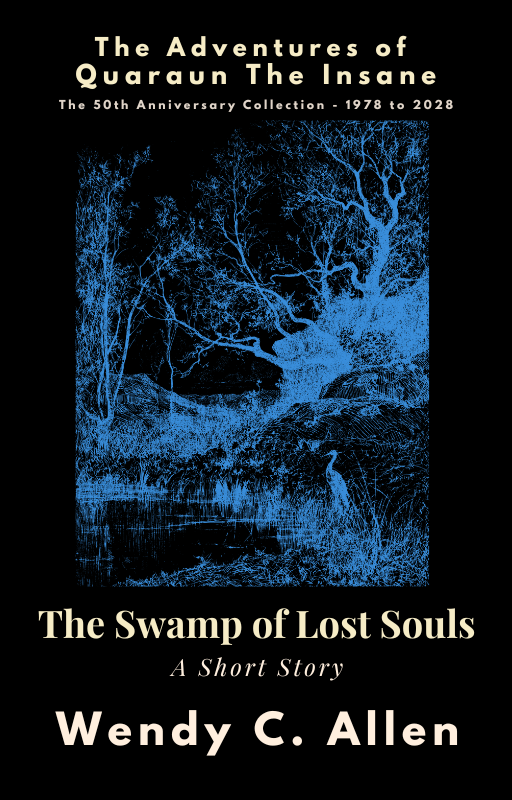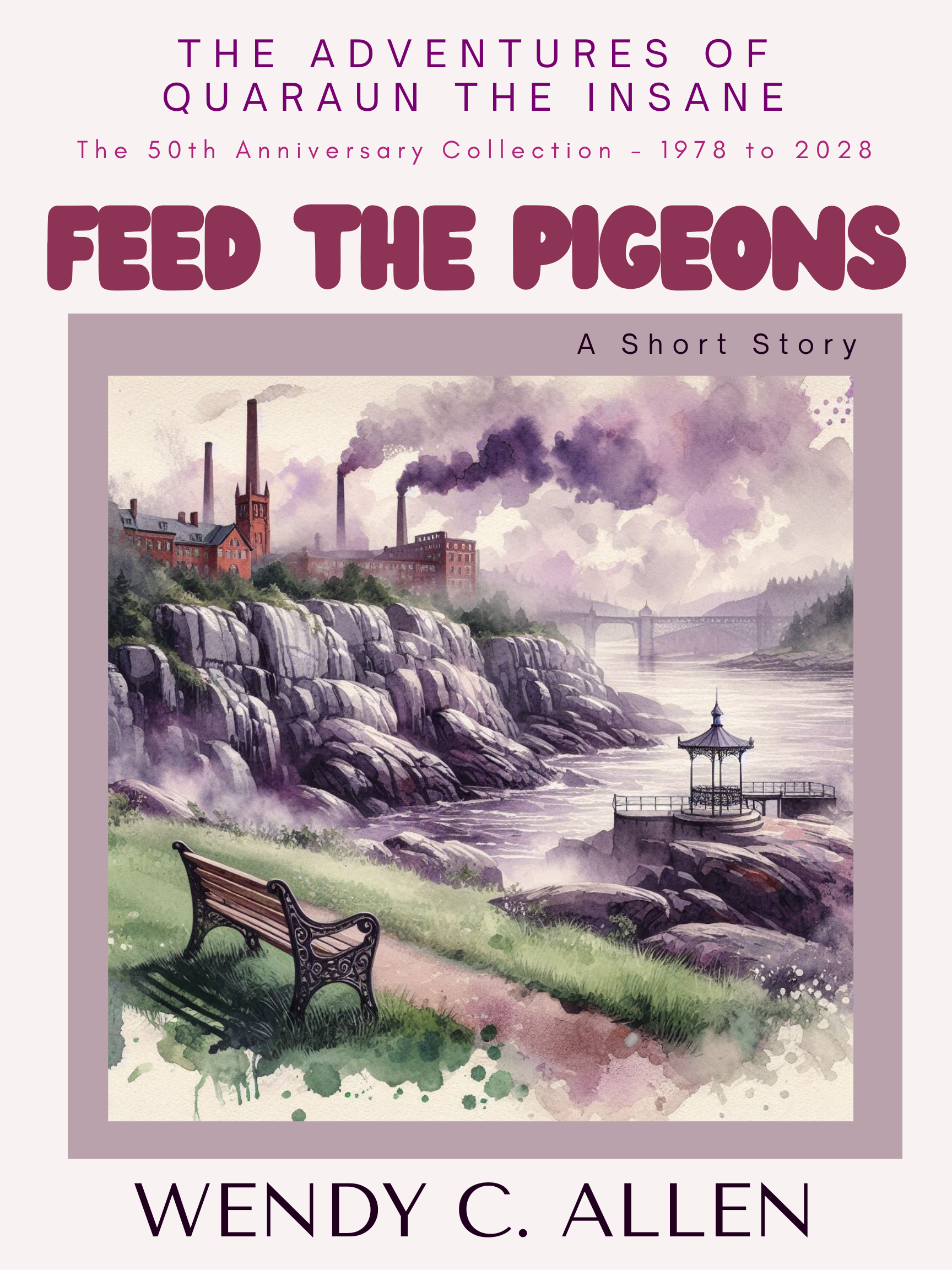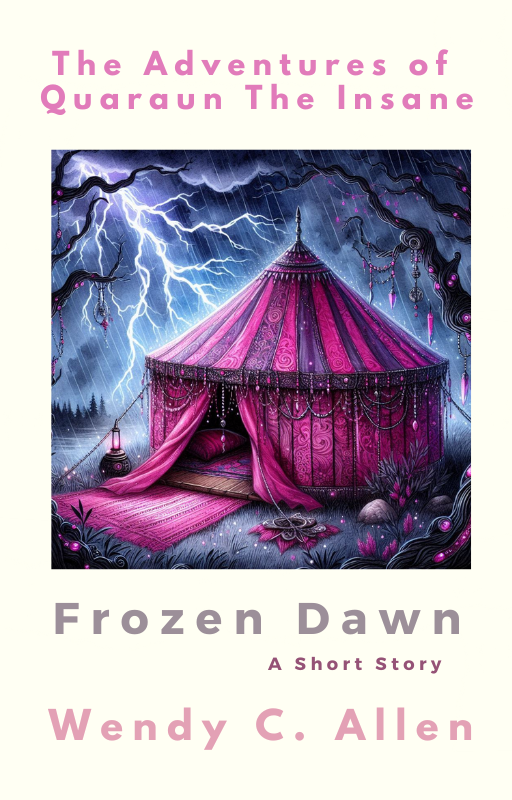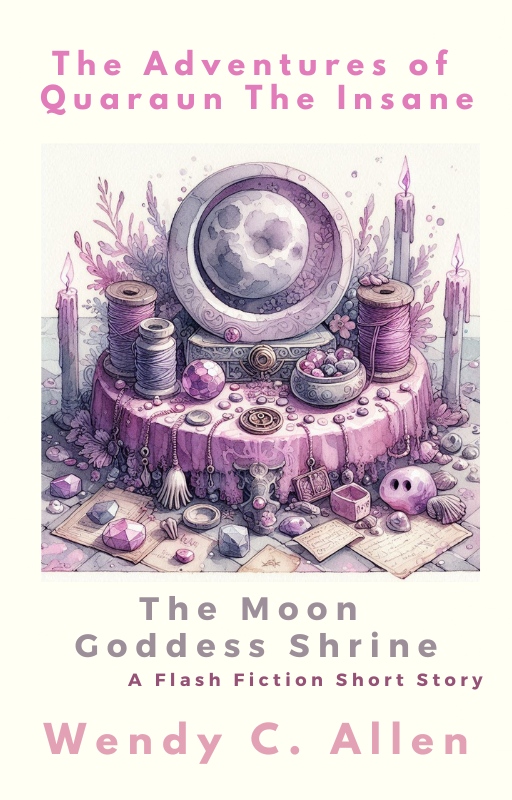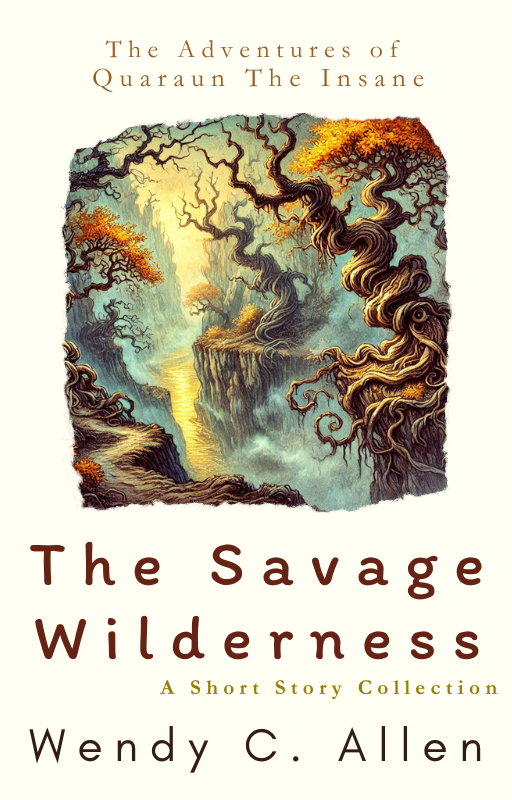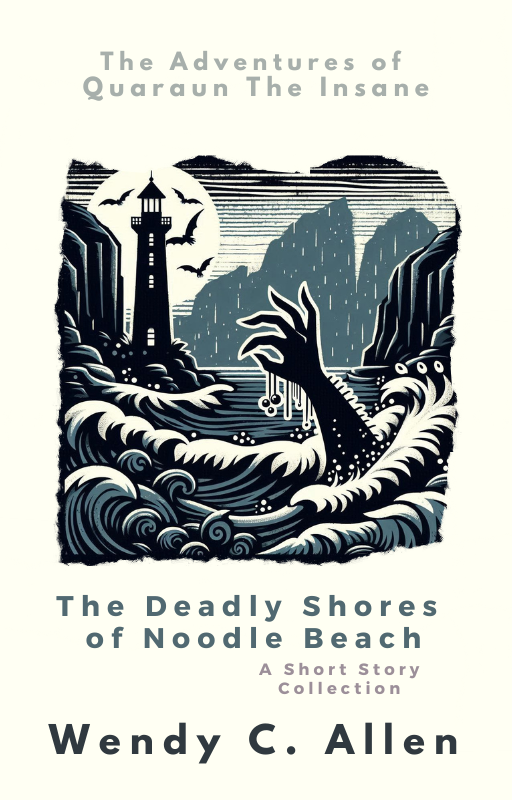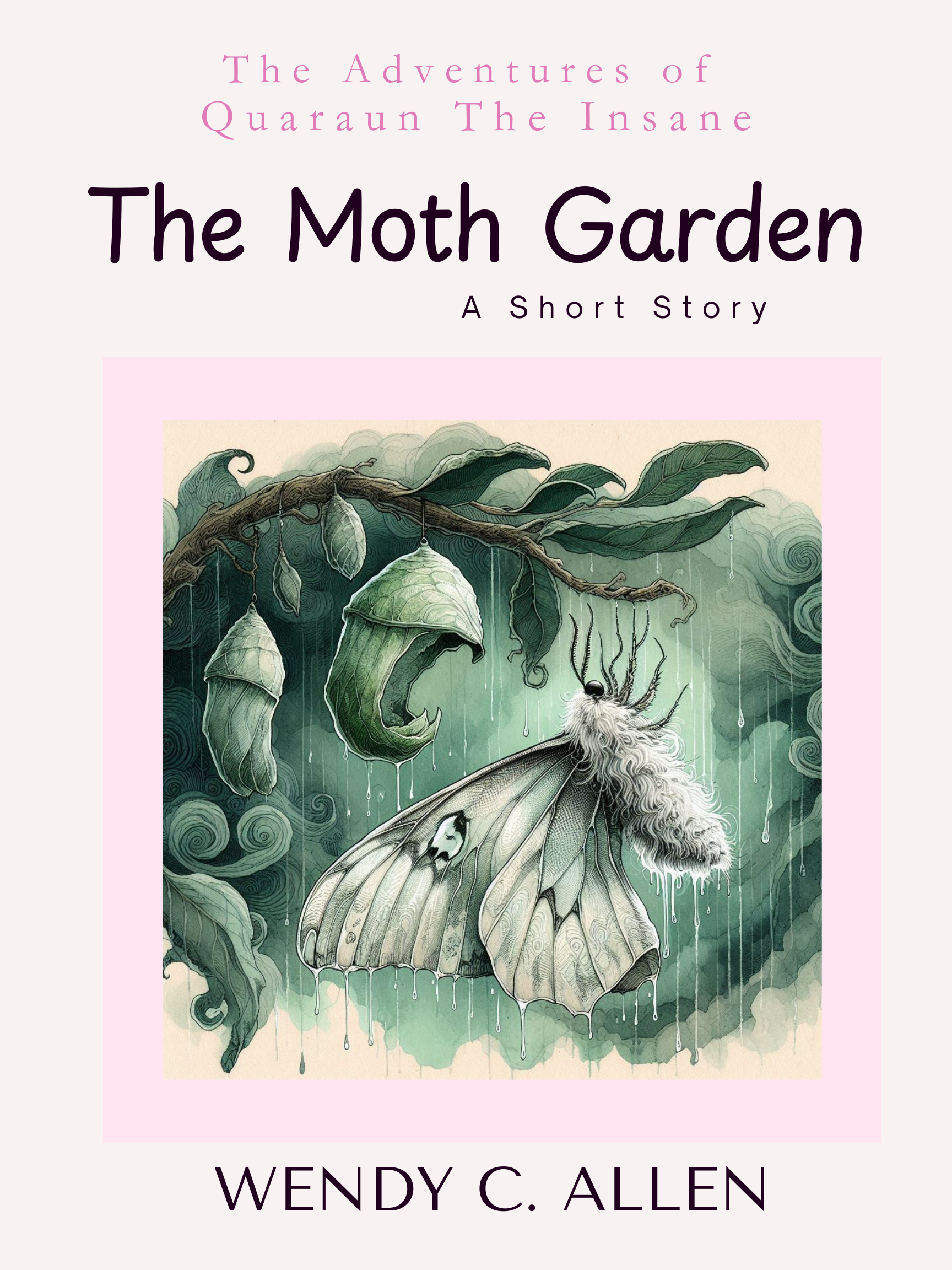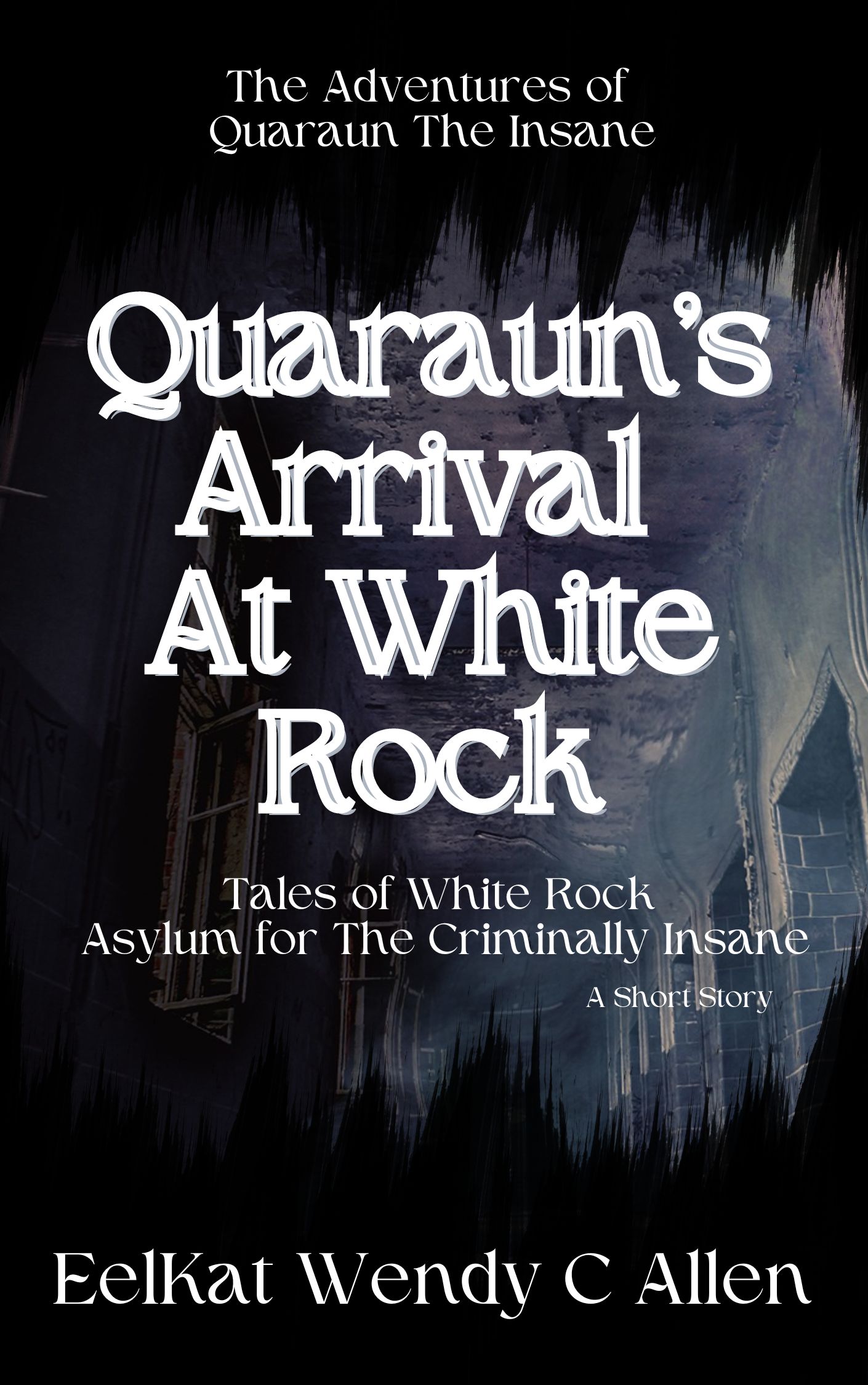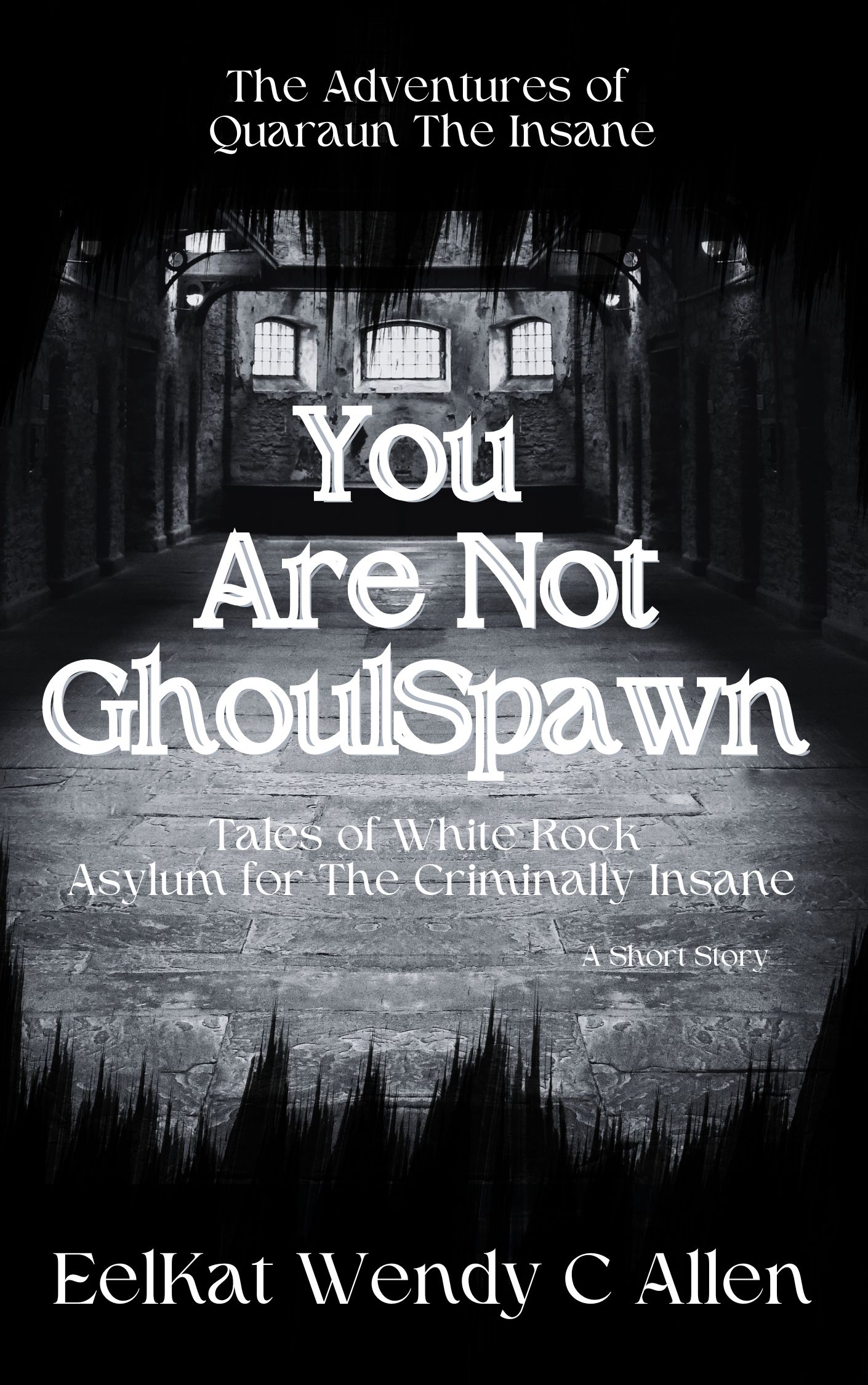Counting Down to the 2028 50th Anniversary of my first published book (September 23, 1978)
|
I am an author. I write Yaoi. This is my website. Yaoi means my main characters are gay lovers. If that bothers you, you're on the wrong website. Sorry.   Transman Quaraun (The Pink Necromancer) and his husband King Gwallmaic (aka BoomFuzzy the Unicorn) King of The UnSeelie Court. Main characters of The Adventures of The Pink Necromancer series. Transman Quaraun (The Pink Necromancer) and his husband King Gwallmaic (aka BoomFuzzy the Unicorn) King of The UnSeelie Court. Main characters of The Adventures of The Pink Necromancer series.
|
This website is a safe zone for LGBTQAI+, pagans, polys, trans, neurodivergent, disabled, mobile aid user, minority, cosplayers, otherkin, furries, & BIOPIC communities.
If you are a hater, you can go fuck yourself.
Happy 2026!
It is our 30th anniversary here at Space Dock 13!
On the web since 1996!
You have encountered an extremely old website that continues to exist in old web ways, the same way it has done for now three decades.
In spite of being now 30 years old this year, started in 1996, it is still heavily active and old pages updated daily, new pages added daily, still now in 2026. All hand written, all hand coded (no AI), all by me, same as it ever was.
We Still Exist: The Old Web Did Not Go Away, You Just Forgot How To Find Us
|
This site was NOT designed for mobile devices (as they had not been invented yet when I created it) thus this site looks best on a computer, at 1280x768 or above. |
This is a very old website created in 1996, so, yes, javascript is needed for the site to work as it should. If things don't function, you may need to update javascript drivers on your device |
This site tries to be mobile friendly but it's been online since 1996, so old pages may not load right on mobile devices, and as this site has had pages added near daily for 30 years there are now over 20k pages here. |
Having started out in life as a GeoCities site, this site contains glitter, bright colours, blinkies, moving gifs, and other things the old web was known for. |
Writing Your Novel:
Do you save chapters as individual files?

Yes. I do this.
Not only separate chapters, but also separate scenes within chapters.
I use yWriter5. I set up a project folder, so that it saves the whole thing in one big file. But then I create 30 sub folders inside of the one big folder. Make each of these: Day 1, Day 2, Day 3, etc, to Day 30.
I do this because it generally takes me 25 to 35 days to create a first draft of a 300,000 word novel, writing about 10,000 words a day.
Inside of each of these Day folders, I create 10 additional folders. I title these Chapter 1, Chapter 2, etc, all the way to Chapter 300. No my final manuscript that goes to press doesn't have 300 chapters. I usually consolidate it down to between 75 to 90 chapters by the time I reach the final manuscript (which is usually about 17 drafts and about 8 months, after writing the initial first draft in the first 30 day period).
Inside of each of these are 25 additional sub folders, titled Scene 1, Scene 2, etc.
I then write the novel one scene at a time, and am able to write at any point, beginning, middle, or end, in any order. I am not forced to write the story straight through this way. This also makes the editing and revising process easy, because I can work on one section at a time, and not have to scroll through one big file trying to remember which sections I've already edited. After editing each scee I change the title to
- Scene 1 - 1st edit done
- Scene 5 - spellchecked
- Scene 10 - 3rd revision complete
- etc.
Thus I know at a glance, which parts are in which stages of editing and what needs to be worked on next. (Keeping in mind that while it takes me only about 3 weeks to write the story; it takes me 5 to 8 months to edit and revise it, and it will go through 12 to 17 drafts before reaching it's final manuscript to be published.)
And by using yWriter5, I don't have to worry about copying all the files and pasting them into a final file, as the program does that for me.
yWriter5 is lightyears above, beyond, and better then Scrivener. If you've never tried it, I highly recommend you do.

This by the way, is "The 13 Step Method To Writing" expanded for use with Epic Fantasy (epic fantasy = a Fantasy novel over 500 published pages long also known as Epic Length Fantasy).
I created The 13 Step Method To writing for NaNoWriMo 2006, for writing the first draft of a short story in 13 days. The method is this:
Create a folder, inside it create 13 folders (Day 1 to Day 13), inside each of those create 13 sub folders (Chapters 1 to 13), inside each of those create 13 sub-sub folders (scenes 1 to 13). Every day for 13 days, write 13 scenes each of 130 words long. That brings you to have written 1,690 words a day or 21,970 words in 13 days.
In doing this you can write the first drafts of 3 short stories a month.
At the time I created it I had designed it for short story writers, who were having trouble with finding time to write. By breaking up the story into lots of super tiny sections, and writing 100 words here and 100 words there throughout the day, it helps people with busy lives to get their writing done in quick 5 to 10 minute breaks throughout the day, instead of typing all at once in 2 or 3 hour long sections of the day.
By saving each scene in a separate folder, it allows them to write a full scene, without having to remember where they left off last time. It also allows them to write any place within the story instead of having to write straight through beginning to end.
The reason for using yWriter5 with this, is because it allows you to sort all your mini-folders together into one big folder, lets you drag and drop to rearrange them, and when it comes time to turn it into a manuscript, it's as simple as clicking a single button and in 10 seconds it spits out one big file for you, so you don't have to go through the trouble of opening each folder and copy/pasting the text into your final document.
So you can create hundreds of tiny files, one for each scene, then when you are ready to publish, it automatically puts then into one final draft document for you.
>Also, what are your average chapter sizes. Is 1k works much too short for a chapter?
Each of my scenes average 300 to 700 words. There are many scenes per chapter. Each of my chapters averages around 4,000 to 6,000 words. I have around 75 chapters per novel.
Also:
- short story = anything under 40,000 words (think Bunnicula)
- novella = 40,000 to 75,000 words (think Stephen King's Rita Hayworth and the Shawshank Redemption)
- light novel = 75,000 to 90,000 words (think Nancy Drew)
- full length novel = 120,000 to 300,000 words (think Harlequin Romances on the 120k end and Harry Potter on the 300k end)
- epic length novel = 300,000 to 500,000 words (think most Fantasy novels, Lord of the Rings, Game of Thrones and Stephen King's It and Insomnia)
And a printed paperback books has on average 312 words per page. This varies though depending on font type, font size, margins, bleed, trim cut, etc. And can be as little as 100 words to a page or as many as 500 words to a page. When figuring an estimated page count for your manuscript, industry standard is to assume 312 words per page, to get a rough pre-publication estimated page count.
Most published novels have 20 to 90 chapters.
To estimate a good chapter size for your novel, take your final word count, and divide it by 75. If that seems too short, then try 45 instead.
In other words...
- a 300,000 word novel
- 300,000/75= 75 chapters of 4,000 words each
- 300,000/45 = 45 chapters of 6,000 words each
So in your example, a novel with 1,000 words per chapter, if it was a 300,000 word novel, would have 300 chapters.
As a general rule in the publishing industry, the longer the novel then the longer the chapters.
So for example a 50,000 word short story, divided by 1,000 word chapters would have 50 chapters. Which is pretty typical. 50 chapters is not uncommon in published stories, novellas, and novels.
However, 1,000 word chapters in a 300,000 word epic novel is going to have a mega huge 300 chapters, which is not impossible, but most publishers are going to tell you to beef up the chapters to get the chapter count in the more standard range of 45 to 75 chapters.
A common technique used by many publishers is to have the novel divided into 30 chapters. The reason for this, is the assumption that the average reader reads 1 chapter a night before bed and takes 1 month to read a novel.
If you are dealing with a publisher who does the 30 chapter thing, to figure out how many words to put in each chapter, divide your total word count by 30.
- 50,000/30 = 30 chapters of 1,667 words each
- 90,000/30 = 30 chapters of 3,000 words each
- 120,000/30 = 30 chapters of 4,000 words each
- 300,000/30 = 30 chapters of 10,000 words each
Often the author has no say in chapters. Many publishers have their editing staff divide your book up as they see fit. And this may result in awkward reading chapter endings.
Also, if you are planning to self-publish the end word count of your story doesn't matter, but if you are looking to trade publish with a big press, there are exactly ZERO publishers who will look at a manuscript of under 120,000 words long. If you are under 120k words, you'll have to look into small indie press publishers or self publish or re-write your story until it is 120,000 words long.
SOURCE: Forty years of personal experience working in the publishing industry. I published my first book in 1978; was the editor of a magazine for several years; worked for a newspaper (Portland Press Herald/Boston Globe) for 21 years; and in the 39 years since 1978, I have gone on to publish 6,000+ non-fiction articles, 2,000+ short stories, 130+ novels, 30+ non-fiction books, a few dozen stage plays, and a few comic book scripts for Disney's Donald Duck & Uncle Scrooge comic books. I've been working with publishers of varying sizes from the mega huge corps to the super tiny mom&pop indies, and have also published books in vanity press and self-publishing as well as traditional trade publishing.
This page was written by Wendy Christine Allen of 146 Portland Ave, Old Orchard Beach, Maine.
All Rights Reserved.
While there are around 20k pages on this website, most of them are blocked from search engines, with only around 800 of them available for appearing in Google/Bing/etc search results. The remainder can only be accessed via the various links found throughout this site. This was done deliberately on my part, and I did it because the bulk of the pages on this website are chapters from 138 novels and 423 novellas, so only the first page of each novel and novella indexed by search engines, and the remainder are linked in order, one page at a time, via clicking "next page" at the end of each. So if you are looking for a specific page from a specific novel, Google can't help you.
|
Thank you for stopping by and have a nice day! ꧁✨🌸🔮🦄🔮🌸✨꧂ And if it’s your birthday today: ִֶָ𓂃 ࣪˖ ִֶָ🐇་༘࿐꧁ᴴᵃᵖᵖʸ☆ᵇⁱʳᵗʰᵈᵃʸ꧂🤍🎀🧸🌷🍭 |
 |
Get an email whenever Wendy Christine Allen 🌸💖🦄 aka EelKat 🧿💛🔮👻 publishes on Medium.
I also write on these locations: | Amazon | Blogger | GumRoad | Medium | Notd | OnlyFans | Tumblr | Vocal |
Important:
Fraudulent sites are impersonating Wendy Christine Allen.
- The ONLY official website for Wendy Christine Allen is www.eelkat.com
Fraudulent social media accounts, particularly on Reddit and FaceBook are impersonating Wendy Christine Allen.
- The ONLY official social media accounts for Wendy Christine Allen are listed in the footer here at www.eelkat.com
Find Me on Social Media:
- Amazon: Author Central
- Amazon: Quaraun Series Index
- Blogger
- CafePress
- DeviantArt
- FaceBook (Profile)
- FictionPress
- Gravatar
- GumRoad
- Lemon8
- Medium
- Notd
- OnlyFans
- PayPal
- Reddit 1 (Primary)
- Reddit 2 (Alt; Archived)
- SpoonFlower
- TikTok
- Tumblr
- Twitch
- Twitter (X)
- Vocal
- WordPress
- YouTube
- YouTube Shorts
- Zazzle: My Art
- Zazzle: Quaraun Merch
Any websites and accounts you find online that are NOT on this list are NOT Wendy Christine Allen

